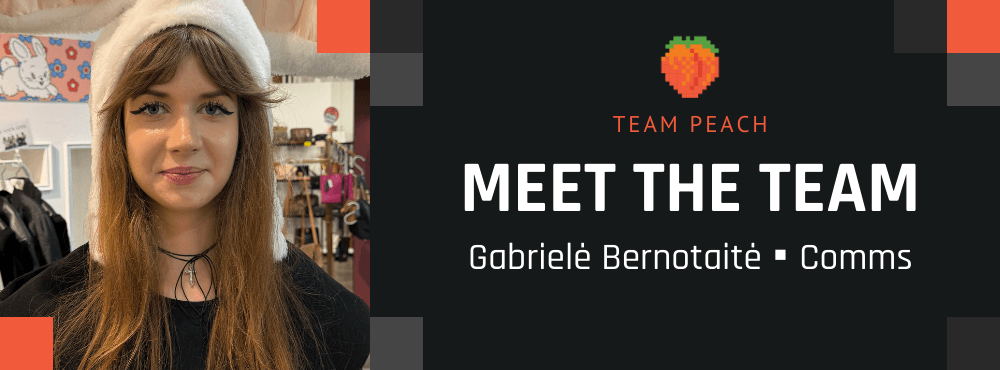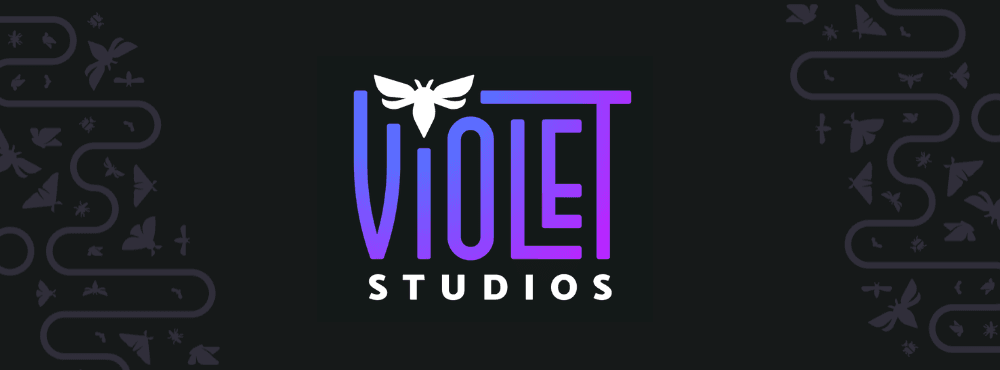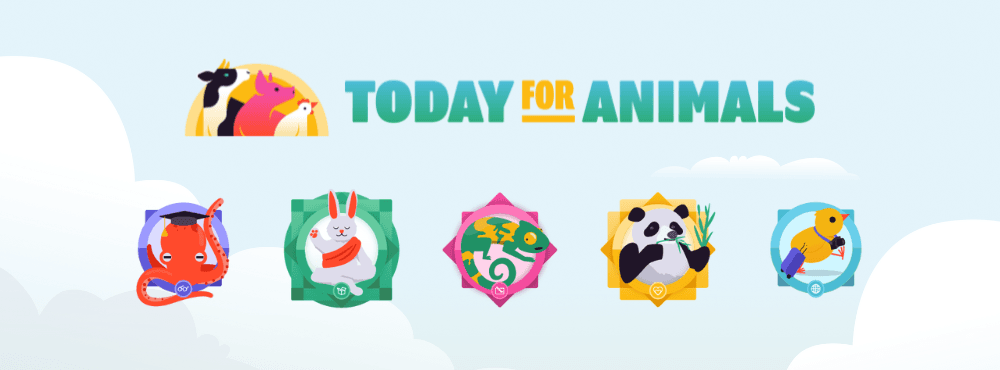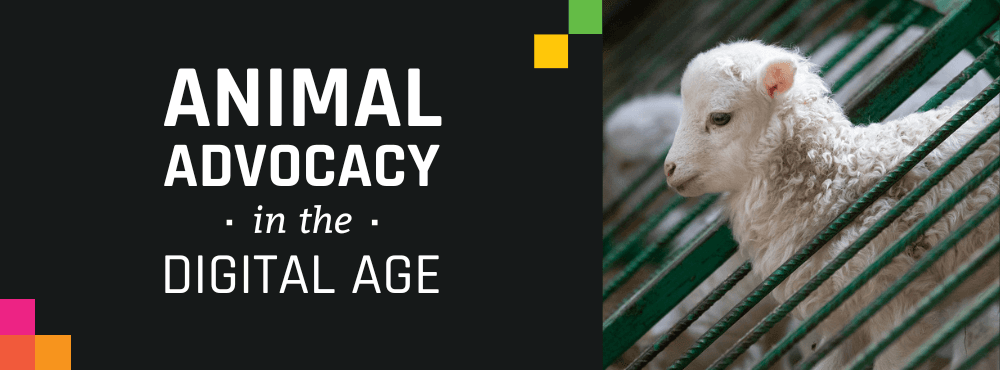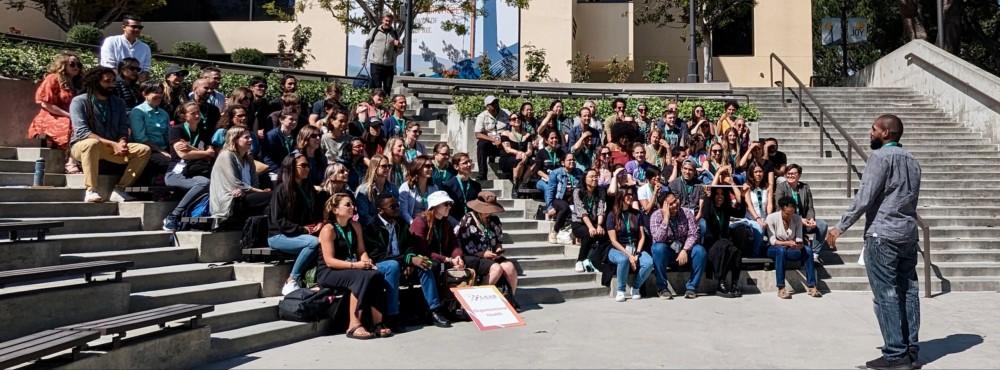
Thriving Together: What I've Learned From LEAD Conference 2023
This year, I attended LEAD for Farmed Animals, a four-day skill development training for farmed animal advocates in Malibu, California. And I’m keen to share what I’ve learned in hopes that it would benefit your work in the movement, and how I plan to apply the valuable knowledge to improve what we do at VH.
There were two types of workshops, and I attended the one focused on organizational health. This track focused on how to build and sustain our organization by investing in its most valuable resource: its people. It was an enriching and inspiring experience, filled with intensive yet digestible learning sessions facilitated by Paloma Medina and Amy Jeffers.
One of the central takeaways during the workshop was the concept of core needs, which is applicable to every person whether in their personal lives or in the workplace. Exercise puns aside, those six core needs neatly fit into the acronym “BICEPS.” They are Belonging, Improvement, Choice, Equality/Fairness, Predictability, and Significance, and they are ranked differently by each of us. By recognizing these individual hierarchies, we can have an organization that is more effective in its communication and we can foster a more inclusive culture.
Belonging is about fostering a sense of camaraderie and shared understanding.
Improvement highlights the importance of personal and professional development, as well as contributing to the well-being of others.
Choice involves the freedom to make decisions and exert control over significant aspects of one's life.
Equality/Fairness focuses on equitable distribution of resources and uniform treatment.
Predictability encourages consistency in resource allocation, schedules, and planning for future challenges.
Significance affirms the value of purpose-driven work.
A better grasp of each team member's 'BICEPS' can be achieved through consistent check-ins and thoughtful inquiry. Catering to these core needs can cultivate a thriving, harmonious, and productive work environment. As VH is growing as an organization — we’ve expanded our service offerings and started hiring full-time staff members for the first time this year — I’ve been thinking about how we can internally improve what we do and how we do it. I’d like to share my thoughts on what we currently do and plan to do:
Belonging: As a non-profit organization, it has always been important to me that every team member understands and feels connected to our mission. But beyond our work, being vegan in a non-vegan world can be challenging and lonely. I want to encourage community bonding, relationship-building, and mutual understanding through team-building activities, open forums, and regular communication. Some examples of this include expanding our weekly community calls (which are informal opportunities to meet, chat, and play games) to be available in more time zones and identifying other types of community events.
Improvement: We hope to incorporate professional development opportunities and constructive feedback. We'll celebrate individual progress and emphasize the importance of everyone's contribution to our overarching mission. To ensure team members’ individual growth, we will also start offering resources for professional development, whether it be for online courses, conferences, books, or workshops. This will allow team members to customize their learning journey to their interests and needs, as well as the needs of the organization.
Choice: As a startup nonprofit, we've fostered an environment where team members have autonomy in their roles and can take ownership of their work. Given that we are a majority-volunteer organization, people are able to determine which projects they’re working on, their areas of focus, and the extent of their involvement. Currently, we have an organizational structure where there are team leads based on project or discipline (e.g. data, design, communications) and hope to continue that model.
Equality/Fairness: We're committed to maintaining a culture where decisions are made fairly, and everyone is treated equitably. We understand that everyone has different personality, work, and communication styles shaped by a multitude of factors. One tangible thing I’ve learned from LEAD is the concept of a “Two Minute 360s” which ensures fair participation in meetings. It begins with a 2-minute quiet brainstorm, allowing every participant time to formulate their thoughts, followed by each person having a chance to share their thoughts within 2 minutes. This is a small but impactful way to have everyone’s voices heard!
Predictability: Historically, we would pride ourselves in our agility and ability to move fast. As we evolve into a professional organization, I want to be more transparent about our organizational goals and strategies. We'll work on providing a clear vision of resource allocation, timelines, and future challenges internally so that team members have a better sense of what’s going on and what’s expected of them. We’ll also share this with our larger community when the time is right.
Significance: Everyone who has worked with or joined VH did so because they were drawn to its mission. Everything that we continue to do will tie back to the purpose and impact of our work. We’ll be working to refine our strategic plan and theory of change to ensure that we have a clear roadmap for the years ahead and anything we do is aligned with who we are.
I’m excited that integrating 'BICEPS' into Vegan Hacktivists will not only enhance our productivity but also create a culture where every team member feels valued, heard, and motivated to make a difference. There are so many resources and coaching opportunities to foster a healthy workplace, from the facilitators at LEAD to organizations such as Scarlet Spark and ReGrow that prioritize healthy work environments in the animal advocacy movement.
In addition to the BICEPS model and Two Minute 360s, we also learned about techniques around coaching and open-ended questioning, as well as how to foster equity, diversity, and inclusion. And these were just a fraction of what we were exposed to. Along with all of the thought-provoking discussions and learnings (and delicious culinary offerings!), I had the pleasure of networking with colleagues and peers in an awe-inspiring setting. Kudos to Amanda and the entire LEAD team for orchestrating such a valuable and rewarding experience.
David is Founder and President of Vegan Hacktivists. In 2019, he created the organization to address gaps in technology & data for the animal protection movement. Since founding, VH has supported over 200 organizations with its services. In his spare time, he enjoys reading, watching anime, and playing handpan.
David is Founder and President of Vegan Hacktivists. In 2019, he created the organization to address gaps in technology & data for the animal protection movement. Since founding, VH has supported over 200 organizations with its services. In his spare time, he enjoys reading, watching anime, and playing handpan.
